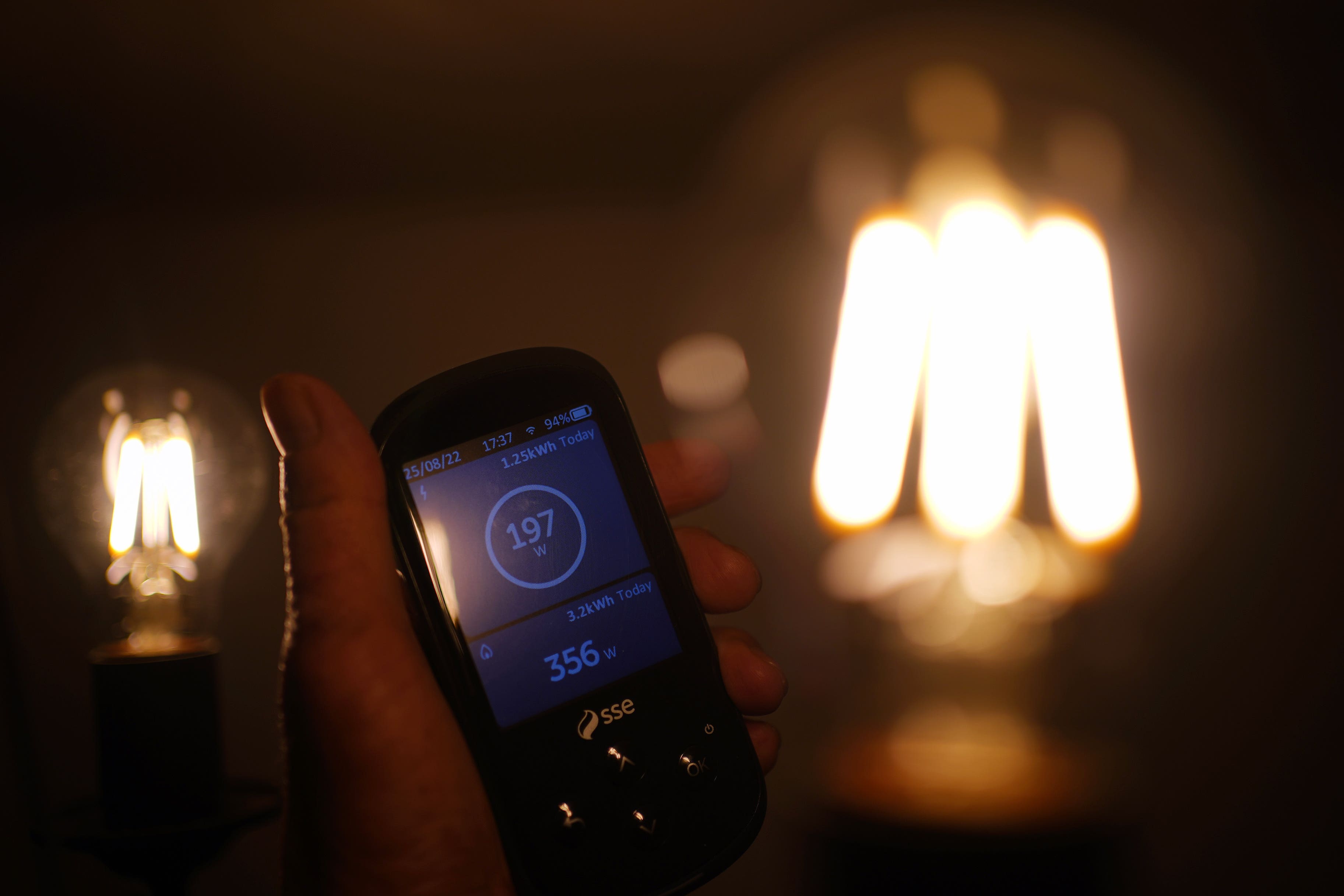British Gas to pay customers to use less electricity
The supplier becomes the latest – and the largest – to sign up to the scheme – which is run by National Grid.

Britain’s largest energy supplier will become the latest to pay its customers to reduce the amount of electricity that they use during peak hours in order to help take pressure off the grid.
British Gas said that it hoped 100,000 customers would sign up as it launches the demand flexibility service for the households that it supplies.
The supplier becomes the latest – and the largest – to sign up to the scheme – which is run by National Grid.
However, its ambitions for participation are lower than Octopus Energy, which has so far signed up more than 400,000 customers to its version of the scheme.
Customers with smart meters will be sent emails asking them if they want to take part, British Gas said.
This approach to help manage residential electricity demand is likely to become a major feature of the market in years to come
“The electricity grid is facing increased pressure and smart technology plays a key role in managing peak demand – reducing consumption has the added benefit of helping consumers save on their energy bills,” said chief executive Chris O’Shea.
“We are exploring how to make this scheme work best for our customers so that it fits in with their habits around the home.
“This approach to help manage residential electricity demand is likely to become a major feature of the market in years to come.
“We’ll be taking learnings from this stage with the aim of using our scale to roll out to our wider customer base.”
Under the scheme, households will be paid around £4 for every unit of electricity that they reduce their consumption by during specific times.
Households will be sent a text by 6pm the day before to let them know when to switch off their ovens and TVs and go for an hour-long walk.
They can then come back home and use their home again as normal. There is no obligation to take part.
For a household it means moving the time that you turn on certain appliances, rather than not switching them on at all.
It could mean that by switching your oven on an hour later than normal you are paid £4.
For the energy grid it is also good news. It can tap into these households on days when there will be enough electricity for everyone to do what they need, but perhaps not all at the same time.
If the grid is able to ask people to reduce their consumption during certain hours, it will therefore not need to pay through its teeth to get electricity from other sources – such as importing it from France.
British Gas’s decision comes just days after the scheme was almost run live for the first time since launching earlier this month.
There have been three tests of the system to date, with households helping to take the stress off the grid during those hours.